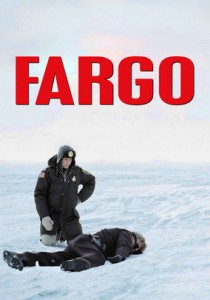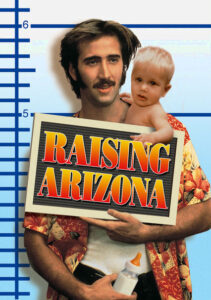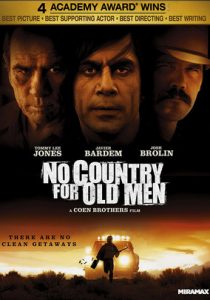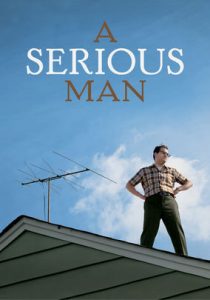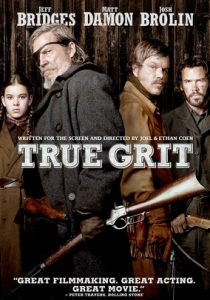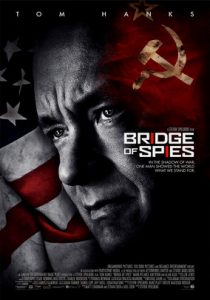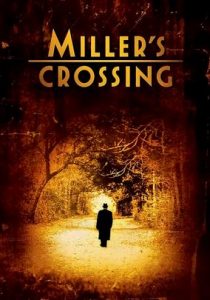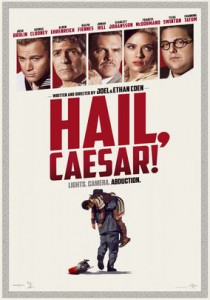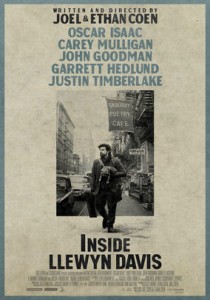Fargo-1996
Director Joel Coen and Ethan Coen
Starring Frances McDormand, William H. Macy
Top 250 Films #66
Scott’s Review #366
Reviewed January 9, 2016
Grade: A
Fargo (1996) is a treasure as far as I’m concerned, and the role that deservedly propelled Frances McDormand to the forefront of the film audience’s minds, not to mention a gold statue for Best Actress.
The film epitomizes dark humor and zany freshness during a time in cinema when originality was emerging, and independent films were gaining popularity.
Fargo led the pack.
The film suffers from derision from locals in and around the upper Midwest U.S.A. for its depiction of accents — perhaps overdone, but hysterical all the same.
Set against snowy, icy locales, the film effectively conveys a harsh, small-town atmosphere.
The introduction of a crime, initially done innocently, escalates out of control.
Fargo is a part caper, part thriller, and part adventure, and is a layered, cool film.
The fact that it’s 1987 is excellent. The cars, the Oldsmobile dealership, all work particularly well.
McDormand plays a local Police Chief, Marge Gunderson, who is very pregnant and stumbles upon the crime, slowly unraveling the mystery.
All the while, the character keeps her cool, cracks jokes, and delivers witty one-liners after another, presenting a slightly dim-witted image but brilliantly deducing aspects of the crime.
William H. Macy, largely unknown in 1996, is perfectly cast as a car salesman, Jerry Lundegaard.
Nervous and shaky, yet with down-home respectability, he hatches a plot to have his wife kidnapped, the ransom to be paid by her wealthy father, enabling Jerry to pay off an enormous embezzling debt, and splitting the money with the kidnappers.
Predictably, things go awry and spiral out of control.
I love how the film crosses genres and is tough to label- is it a crime drama, a thriller, or a comedy? A bit of each, which is the brilliance of it.
Fargo (1996) is an odd little piece of art and is remembered as one of the best films of the 1990s, making Frances McDormand a star.
Oscar Nominations: 2 wins-Best Picture, Best Director- Joel Coen, Best Actress- Frances McDormand (won), Best Supporting Actor- William H. Macy, Best Screenplay Written Directly for the Screen (won), Best Cinematography, Best Film Editing
Independent Spirit Award Nominations: 6 wins-Best Feature (won), Best Director- Joel Coen (won), Best Male Lead- William H. Macy (won), Best Female Lead- Frances McDormand (won), Best Screenplay (won), Best Cinematography (won)
